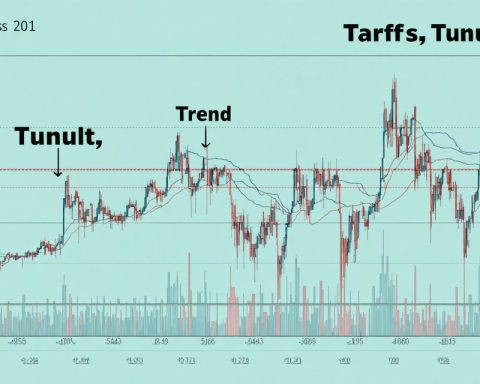In a strategic play, Apple has set its sights on investing $1 billion in Indonesia, aiming to reintroduce the iPhone 16 to the market there. Indonesia’s tech-savvy populace presents a promising opportunity for the tech giant, especially as sales in major regions like China have endured declines this year.
Previously, Apple faced obstacles with the Indonesian government over unmet local content sourcing and investment promises. This resulted in a sales ban of the iPhone 16 in October. Since then, Apple has persistently tried to negotiate through various offers, initially proposing $10 million, followed by $100 million for a plant. These offers, however, were not sufficient to meet Indonesia’s stringent requirements.
The Indonesian government stipulates that tech companies must either source 40% of their smartphone components locally or invest an equivalent sum in the country. This requirement puts pressure on Apple and similar companies to boost domestic economic contributions.
Recently, Indonesia has indicated an intent to tighten these local content rules further. However, the proposed $1 billion investment might finally align with the government’s updated standards. This large-scale investment aims to establish a manufacturing facility for smartphone components.
The investment minister, Rosan Roeslani, expressed optimism, stating plans for further discussions with Apple. He anticipates formal announcements once Apple provides a written commitment.
Despite having no factories in Indonesia, Apple has previously initiated developer academies since 2018, as part of its strategy to meet the country’s local content rules for earlier models. The intended investment could significantly enhance Apple’s presence in this vital emerging market.
Apple’s Bold Move: A $1 Billion Bet on Indonesia’s Tech Future
In a remarkable turn of events, Apple is planning a significant $1 billion investment in Indonesia to rejuvenate its market presence with the reintroduction of the iPhone 16. This ambitious move underscores Indonesia’s burgeoning role as a pivotal market for global tech giants, a necessity exacerbated by declining Apple sales in other key markets such as China.
A major turning point in Apple’s strategy is the addressing of stringent local content regulations mandated by the Indonesian government. Previously, the company faced setbacks due to unmet promises in local sourcing and investments, resulting in the iPhone 16 sales ban in October. The Indonesian authorities require that foreign tech companies either ensure 40% of components are locally sourced or make an equivalent investment in the country’s economy.
Initially, Apple attempted to meet these demands with offers ranging from $10 million to $100 million for establishing local facilities. However, the new $1 billion investment significantly overshoots these earlier proposals, suggesting a robust and strategic alignment with Indonesia’s long-term economic goals and regulations.
The prospective investment not only aims to build a manufacturing plant for smartphone components but also reinforces Apple’s commitment to fostering technological growth within Indonesia. This strategy could help bolster both Apple’s and Indonesia’s competitive positioning in the global tech market.
One intriguing aspect of this development is its potential impact on Indonesia’s tech industry. The planned manufacturing facility could stimulate job creation, enhance skill sets, and build a more integrated supply chain within the country. Such growth might attract ancillary industries, creating a ripple effect that benefits the broader economy.
While the investment minister, Rosan Roeslani, has expressed optimism, concrete terms and Apple’s future course of action await formalization post-written commitment. This collaboration indicates a promising partnership that could set new standards for tech investments in emerging markets.
In addition to production ventures, Apple has been directing efforts towards education through developer academies established since 2018. This initiative underscores their long-standing commitment to nurturing local talent and addressing regulatory expectations for earlier models.
Overall, Apple’s significant investment in Indonesia could serve as a model for other tech companies navigating regulatory landscapes in emerging markets. With careful implementation, this initiative might not only boost Apple’s market share but also position Indonesia as a hub for technological innovation.
For more information about Apple, visit their official website: Apple.



















